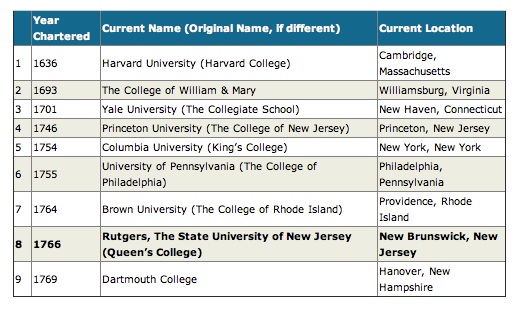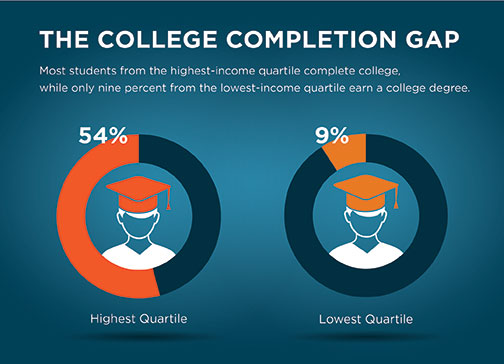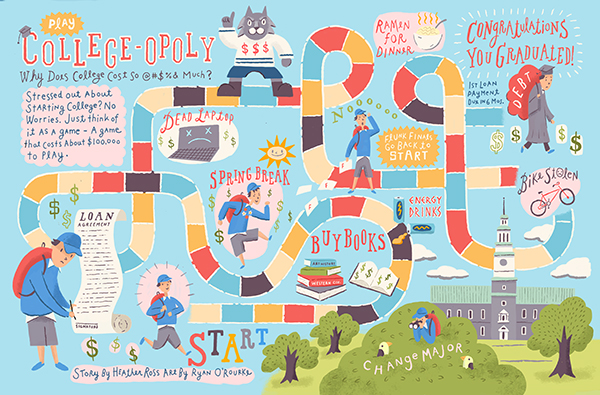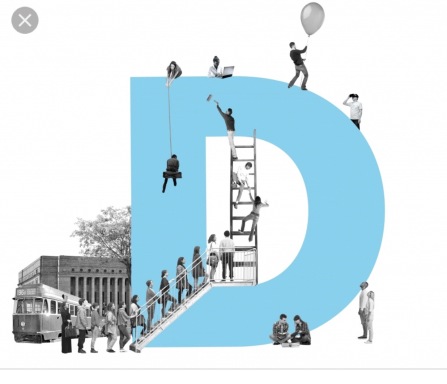Education Is the Key To Success
As we wrap up this course something that I found very interesting were the Colonial Colleges. I always often wondered why schools like Harvard and Yale were considered the best of the best, what is it that made these schools so prestigious. I was able to find that out in this course. These are the founding colleges of our colonial times. The Colonial Colleges are Harvard, Yale, Columbia, College of William and Mary, Princeton, University of Pennsylvania, Brown University, Rutgers, and Darthmouth. These Institutions were established within the thirteenth colonies. Seven out of these nine are considered Ivy league schools.

It was interesting to learn that the foundation for theses colleges were heavily rooted in religion. Groups such as the Pilgrims, Anglicans, Catholics, Puritans, Separatists established the 13 colonies on the basis of their religious beliefs. In part, religious roots have contributed to the immediate success of these colonial colleges and universities when they were founded. Higher education was created for men to advance them within their colonial to become educated leaders. “All of these institutions played an integral role within their respective colonies as centers for learning and scholasticism, as well as training grounds for future leaders and professionals” (A brief history of Yale n.d).

Something that surprised me and the I have never really pondered about are our college completion rates. The completion rates among students in the United States are very low, students are getting into college programs but more often than not do not end up earning degrees. The U.S. has the highest dropout out rate of any developed country. Institutions and States need to work together to provide support systems to help improve our graduation rates and produce well educated citizens who can build a career and earn a living. A system that can help students succeed by removing barriers such a financial stress in all areas, not just in tuition but in transportation, supplies etc. “Everything that counts requires resources. Scholarships for low-income students, student supports, libraries, labs, things that attract good professors. And, balancing those things to deliver value” (Gates, Bill 2014).
Upon completing this course my biggest concern and question is Will The United States be able to improve the post secondary graduation rates or will it decline as the cost for school continues to rise?
Check the graduation rate in your state Here : https://collegecompletion.chronicle.com/state/#state=ny%C2%A7or=public_four
References :
Gates, B. (2014). The Future of College.
Resources on Yale History: A Brief History of Yale (n.d.). Retrieved from https://guides.library.yale.edu/yalehistory
College Completion Who graduates from college, who doesn’t, and why it matters. (n.d.). Retrieved from https://collegecompletion.chronicle.com/state/#state=ny§or=public_four


